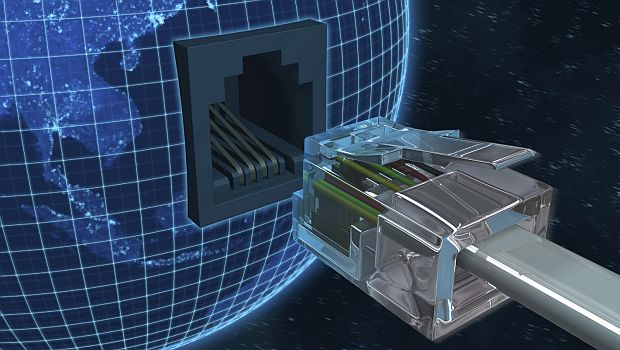The FCC is on day 151 of its 180-day review of Verizon’s $1.8 billion purchase of XO’s fiber-optic network business.

Substantial conditions are needed if the Federal Communications Commission approves Verizon’s purchase of XO Communications to ensure fair pricing in the Ethernet market, according to Windstream Communications.
The FCC is on day 151 of its 180-day review of the $1.8 billion deal. EarthLink, Dish and Imcompas are among the parties opposing the deal.
In an Oct. 21 letter to the FCC, Windstream said the elimination of a “vigorous facilities-based Ethernet provider” would negatively impact the already highly concentrated markets for business data services (BDS).
The loss of an independent XO would “increase ILEC dominance not only in Verizon’s territory, but also where XO currently provides a competitive alternative to AT&T,” Windstream said.
“As the nation’s two largest ILECs and wireless carriers, AT&T and Verizon stand to benefit from engaging in coordinated behavior to limit competition for business data services in each carrier’s region,” it said.{ad}
Without conditions requiring Verizon to continue to make XO’s best prices available, Windstream and other competitive providers will face a significant price increase following the acquisition, Windstream said.
“XO’s wholesale rates are generally substantially lower than ILECs’, as well as cable and many CLECs’, rates for comparable services,” it said. “Windstream currently purchases inputs from XO in many cases on a month-to-month basis, which means that Verizon could increase the rates on short notice as soon as the transaction closes.”
In addition, without FCC conditions requiring otherwise, Verizon would be able to maintain and extend its “worst-in-class” Ethernet special construction practices, which will also increase the barriers to entry for competitive providers, Windstream said.
“Verizon is more than 40 times as likely to impose Ethernet special construction charges than AT&T, and much more likely to impose special construction charges on Ethernet as compared to TDM special access services,” it said. “In contrast, XO does not impose upfront special construction charges on Windstream, though it does pass through to Windstream special construction charges imposed by Verizon when Verizon is the underlying facilities owner.”
Windstream said the commission should “take a stand” against Verizon’s special construction charges by, at a minimum, making clear that the telco may…
{vpipagebreak}
… impose the charges only when both of the following conditions are met: existing facilities, even with routine maintenance and conditioning, do not have capacity available at or above the level requested by the CLEC; and the special construction charges do not address the costs of network delivery infrastructure that Verizon will use for its own operations.{ad}
“To mitigate further the transaction’s negative effect on competition, the commission also should require Verizon to allow Ethernet purchases to substitute for TDM purchases when calculating commitment attainment, especially when the tariff under which TDM is purchased permits circuit portability,” Windstream said. “In that situation, there is no legitimate reason for refusing to consider Ethernet spend that is replacing TDM spend in measuring attainment. As Windstream has explained, the unjustifiable imposition of these penalties significantly raises rivals’ costs, and makes it much more difficult for competitors such as Windstream to replace the competition that will be lost because of Verizon’s acquisition of XO.”
Read more about:
AgentsAbout the Author(s)
You May Also Like


